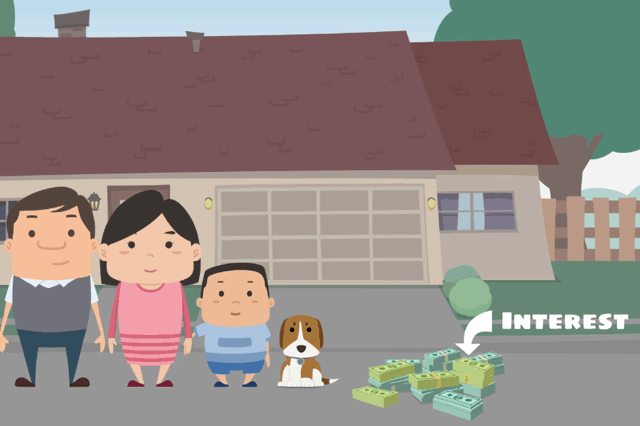Why Are FHA Loan Interest Rates Lower Than Conventional Mortgages?

The interest is hypothetically charged over the entire term of the loan, and if you want to know how much your loan costs doing that math is an important part of the equation.
Home loan interest rates will vary based on factors that include the borrower’s credit score, the current going rate, whether the borrower chooses to lower the interest rate by purchasing discount points, etc.
Why are FHA home loans advertised at lower interest rates than conventional loans? If you examine websites that display the current (or recent) mortgage loan rates, you’ll see a difference between a 30-year fixed rate conventional mortgage and a 30-year fixed rate FHA loan.
The rates you see advertised assume a highly qualified borrower, but you may be offered a rate “in the ballpark” if your credit scores and credit history are good.
Comparing rates is a very good thing to do when shopping around for a lender but knowing why government-backed loans such as FHA mortgages, USDA loans and VA loans have lower rates is an important factor.
Conventional mortgages offer higher rates and often require 20% down in order to avoid paying private mortgage insurance premiums. FHA mortgages are partially guaranteed by the government, reducing the risk to the lender when issuing the loan. The government promises a portion of the loan will be repaid should the borrower go into default and foreclosure.
The key to the interest rate question--at least for the borrower--is the amount of risk your lender will take issuing you the loan. That is why your credit report is so important. It’s the only unit of measure your lender has to determine how much potential risk is involved in issuing you the mortgage.
With conventional loans, there is no reduced risk--the lender has to go by the borrower’s financial qualification alone with no promise from a government agency to repay part of the loan “just in case.”
That is also why your lender charges a higher interest rate for borrowers with lower credit scores--risk.
Are you a good risk or a bad risk? That’s what the lender must determine before approving your mortgage. It’s also something you can take steps to work on in the year leading up to your loan application (or longer if you have the time).
It’s a very good idea to explore credit monitoring and pay much more attention to your credit report as soon as you know you are committing to a mortgage loan. You will have a greater understanding of your own creditworthiness and can make plans to address any issues that may come up in the course of your credit monitoring such as identity theft problems, credit card balances that are too high, etc.
------------------------------
RELATED VIDEOS:
Homebuyers Benefit From the Work Done by Fannie Mae
HUD 4000.1 is Sometimes Called the FHA Handbook
Credit History Is Presented as Your FICO Score

Do you know what's on your credit report?
Learn what your score means.







